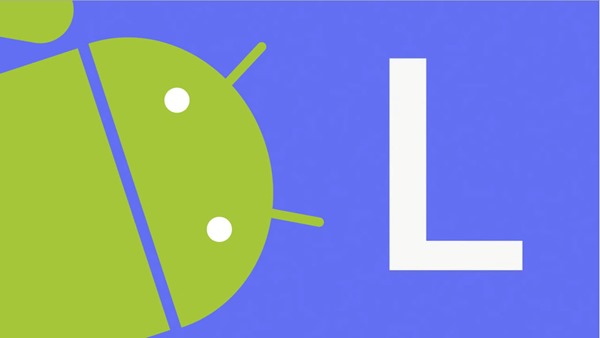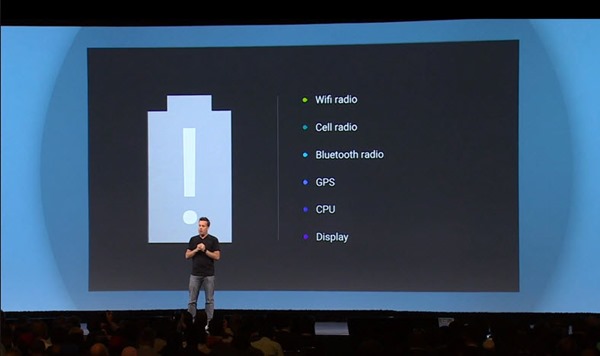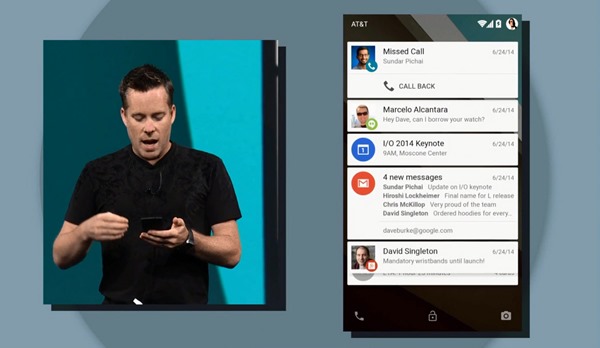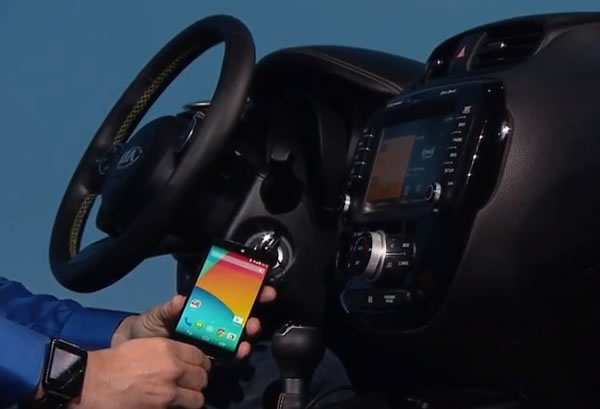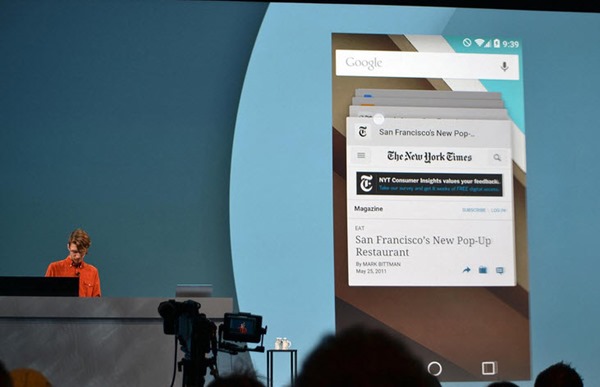The best way to summarize the OnePlus One is: Android version that is in L and has the face of a Nexus. The entire system is clean, light and without crapwares that are installed by manufacturers and carriers. Light, as light as a Nexus and with the face of a flat color Android L. The feeling is that the Cyanogen Android G said, at least in the visual part, for their first smartphone.
Interfacething you will notice is that the Android interface, which has the CyanogenMod 11S and weighs nothing for the set of hardware, which is pretty stout. Everything is stoned, with little (or no) texture and colors very striking, in the style G Android, iOS and Windows Phone 7. There are few changes in Android 4.4.2, which was the basis for this unit and navigation is basically the same as you expect from a Nexus.
Among the modifications that the Cyanogen staff created, there is a possibility to customize the interface to how well you understand. You can change the theme altogether, or else change the icons, font, wallpaper, boot animation and also the sounds that the device does. Everything within reach of the finger and without eye candy Manufacturer preventing something. Also, you have access to the status settings, shortcuts for quick settings bar, which is displayed (and as shown) in . notification area and even create gestures to trigger functions while the screen is offOne feature that caught my attention is the ability to equalize the audio output of the device – which is made by two speakers, but that do not deliver stereo audio.
Hardware
smartphone design resembles a Nexus 5, only with better camera control and a highly rough back, reminiscent of something shaggy and delivers an extremely comfortable grip, even for small hands and still delivers a sense of security by making it difficult to slide the phone in hands -. smooth surfaces or
The front features a 5.5 inch LTPS screen, Full HD resolution (1920 x 1080 pixels), density of about 401 pixels per inch and protecting the glass of a Gorilla Glass 3. Colors are displayed with optimum quality, good viewing angle and high accuracy. Inside there is a 801 Snapdragon processor running four cores at 2.5 GHz, Adreno 330, 3 GB of RAM and a choice of 16 GB and 64 GB of internal space – unfortunately without expansion memory card (which is a problem for the 16 GB, but one detail that goes unnoticed by those who take the 64 GB).
Continuing, we have Bluetooth 4.1 with A2DP, microUSB 2.0 with support for OTG and USB Host cable, Wi-Fi 802.11 a / b / g / n / ac DLNA, NFC, GPS with A-GPS and GLONASS, 3G and quad-band 4G LTE which includes the 2.6 GHz band that works in Brazil.
This set ensures that all heavier games to run without any problem and choking in his run – even with other apps open at the same time. The model we tested had the 8 Asphalt, which for some bizarre problem running the program does not allow for “lack of network” – even though the WiFi was working perfectly
Conclusion
Unfortunately
the OnePlus One is quite limited in time to be sold, even out there – where the purchase is made by invitation, something that increases the hype surrounding the launch and its existence. The smartphone is quite fast and competent, with a clean and beautiful Android – Nexus is an improved and without chronic problems of any modified interface, in my view. What adds “unfortunately” the conclusion is that it should even get to Brazil, as with a number of smaller manufacturers, which sell well in other markets. A profound conclusion is unviable, since I spent a few minutes with the phone (have not tested the camera, music player and games, for example).


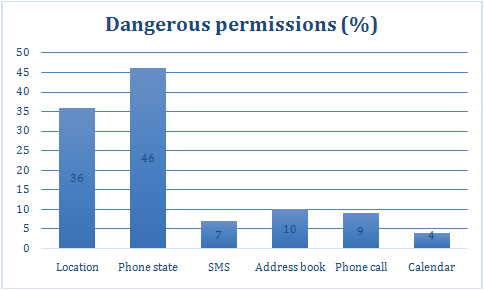 In the mobile apps economy, is it less consumer software than consumed by it. This according to the security firm Zscaler who analyzed the surprisingly intrusive permissions demanded by many popular applications in the App Store Google before allowing your download. [The company conducted another study for the ecosystem of iOS apps.]
In the mobile apps economy, is it less consumer software than consumed by it. This according to the security firm Zscaler who analyzed the surprisingly intrusive permissions demanded by many popular applications in the App Store Google before allowing your download. [The company conducted another study for the ecosystem of iOS apps.] 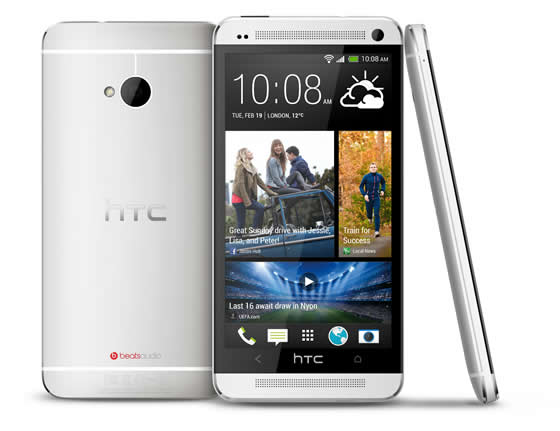

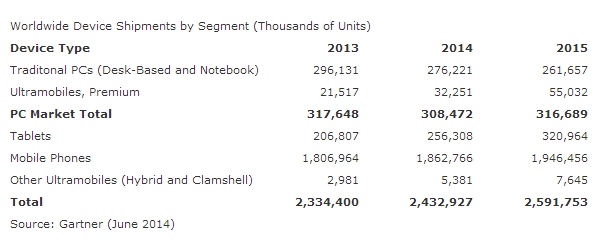
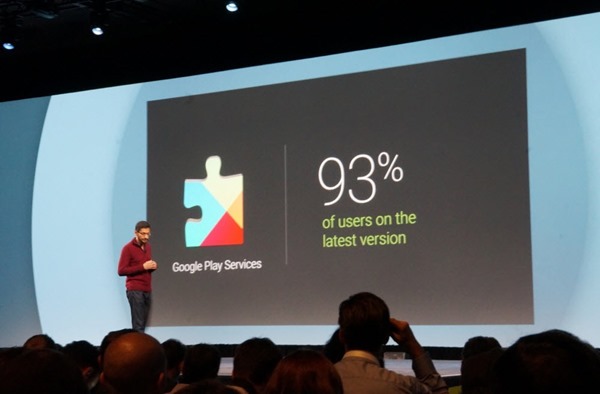
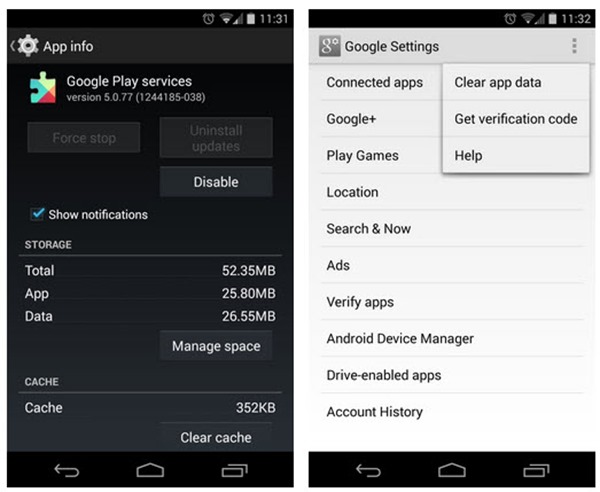
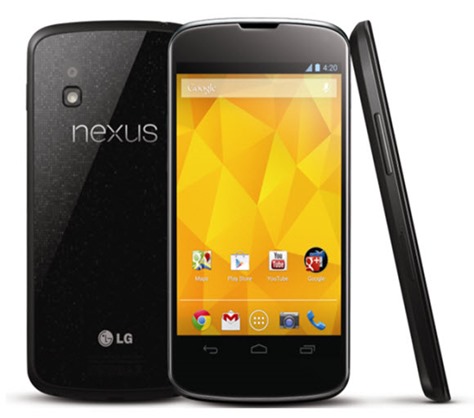
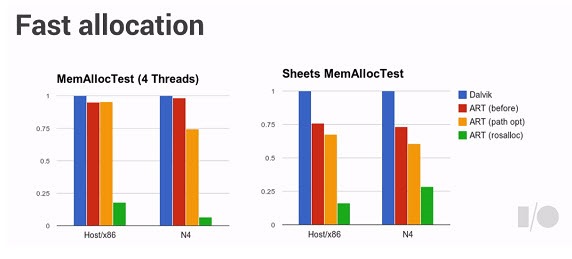 Although the graph only have a reference to N4, Ian Rogers confirms that the” N4 “refers even the “Nexus 4″. Soon make available the video.
Although the graph only have a reference to N4, Ian Rogers confirms that the” N4 “refers even the “Nexus 4″. Soon make available the video. 